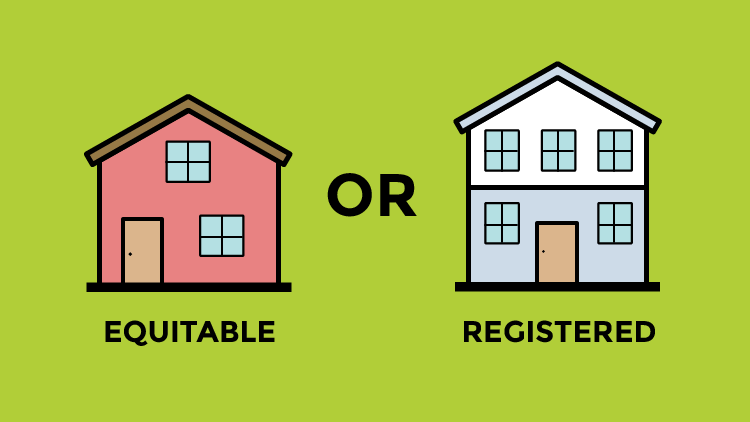Everyone dreams of owning a home, but buying it costs an arm and a leg, making it difficult for many to make it come true. That is where a mortgage loan may come to the rescue. Yes, taking it could make a home purchase a possible dream.
If a luxury apartment in Oragadam is what you are planning shortly, you may consider taking a mortgage loan from a bank or an NBFC. But for that, you have got to provide collateral to secure the loan. In such a case, the property purchased acts as collateral for the loan amount raised.
After you have mortgaged your property, the lender has rights over the property until you repay the loan. If you default on the repayment, the lender secures the right to repossess or seize the house to recover the due amount.
Taking a mortgage loan is a way to fund a property purchase. Whether you choose to invest in real estate in Chennai or elsewhere in the country, understanding the difference between registered and equitable mortgages on a home loan is crucial before applying for one. Read on to explore what these two mortgages are and how they work. Also, we will get to know some key differences between them.
Registered mortgage
A registered mortgage, also known as a deed of trust, is a type of loan facility where borrowers willingly entrust the ownership of the property to the lender if they default on the repayment. A registered mortgage requires necessary approvals from the sub-registrar’s office. A third party decides the terms and conditions of this type of loan facility. The mortgagor and the mortgagee must agree to and abide by the agreement signed between them.
For example, if you plan to buy a luxury apartment in Oragadam Township and opt for a registered mortgage on the loan, you agree to comply with the agreement. And if you fail to repay the loan, the lender secures the right to take ownership of your property.
How does it work?
Borrowers must first create a charge on the property (to be mortgaged) with the sub-registrar to reach the agreement of the loan. Since registration is obligatory for this financing instrument, the agreement meets all legal requirements for creating a charge. You restore the property title after repaying the loan, and the lender loses all rights to the property. In case of default on repayment, the lender can seize, use, or sell the property.
Equitable mortgage
Also sometimes called an implied or constructive mortgage, an equitable mortgage loan is a financing agreement in which the borrower and the lender set the terms and conditions of the loan. This type of loan does not require involving any government body or third party for the agreement.
The term equitable comes from the word equity, which in the context of financing means the interest of justice. Under this loan facility, a mortgage is a simple contract between the mortgagor and the mortgagee, wherein the former submits the property documents to the latter.
How does it work?
In an equitable mortgage, property documents serve as collateral to secure the loan. During the loan tenure, the documents remain with the lender. Once the loan is repaid, the financing institution gives the documents to the borrower.
The borrower takes money by depositing the title deed of immovable property as security to a lender. It requires no legal documentation, but both parties sign a mutual agreement signed by the notary. But then, only in the towns notified by the concerned State Governments qualify for such a loan. Oragadam properties are no exception to this. If you have Oragadam real estate investmentin mind, an equitable mortgage can be made available.
Key differences between registered and equitable mortgage loans
Since these two mortgage loans might be a little confusing when taking either for the first time, here are the key differences to help you make an informed decision when choosing between them. Let us differentiate them on some parameters.
Registration
The process of making the agreement is one of many differences. The equitable mortgage needs no registration, while a registered mortgage requires registration from the sub-registrar office.
Cost involved
Another difference you must understand before choosing between equitable and registered mortgages is stamp duty. While the cost of stamp duty for the former could range from 0.1 to 0.2%, the latter costs nearly 5% of the loan amount.
What if you fail to pay?
Failing to repay the loan might result in the loss of the property you have mortgaged. In the case of an equitable mortgage, the lender takes over the property and auctions it to compensate for the loss. Contrariwise, if you default on repaying a registered mortgage loan, the lending institution can either use or sell it.
Risk factor
An equitable mortgage loan is much riskier than a registered mortgage loan. Since the registered mortgage provides security to both parties, it is safe and risk-free.
Wrap up
Now that you are familiar with both options, it is up to you which one you choose to meet your needs better when planning Oragadam real estate investment. Whether you are looking to buy a luxury apartment in Oragadam Township or anywhere, it is advisable to prefer a registered mortgage to an equitable mortgage because it provides security to both the lender and borrower.

